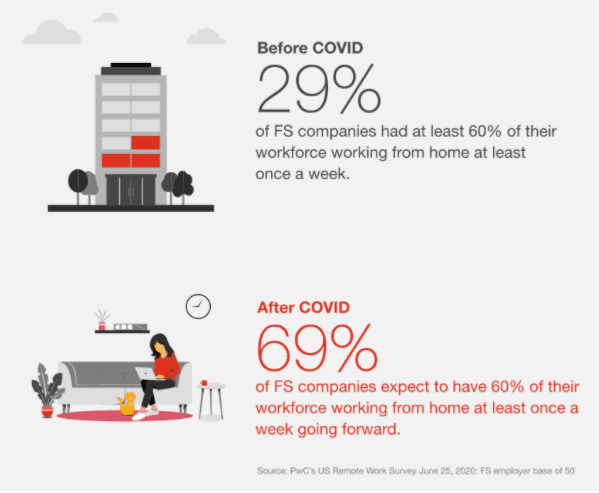Wide ranging changes have been proposed to the way employers must deal with flexible working requests, and who will be eligible to make them. Aimed at making flexible working the default position, employers’ views are invited as part of a government consultation, open until 1 December 2021.
What is being proposed?
The proposals aim to bring more employees into the scope of the legislation by making the right to request flexible working available from day-1 of employment.
The consultation is also assessing whether the current 8 business reasons for refusal are still valid, and a separate assessment is being completed into the administrative processes associated with managing flexible working requests; specifically, the time scales for responding and the ability for employees to make more than one request per year.
Access the full article here.
Unpaid carers to get the right to a week off work
The government intends to introduce an entitlement to carer’s leave as a day one right for employees.
Unpaid carers will be able to take up to one week (five working days) of unpaid leave per year. This can be taken flexibly, either in individual days or half-days, up to a block of one week.
Find out more here.
The end of the Job Retention Scheme means employers are looking for alternative options
With employees returning to work from possibly a lengthy time on furlough, employers need to consider their wellbeing and health and safety, as well as options where there is not enough work.
You can read more about this here.
New letters available for download
The following letters have been added for employers to use:


























